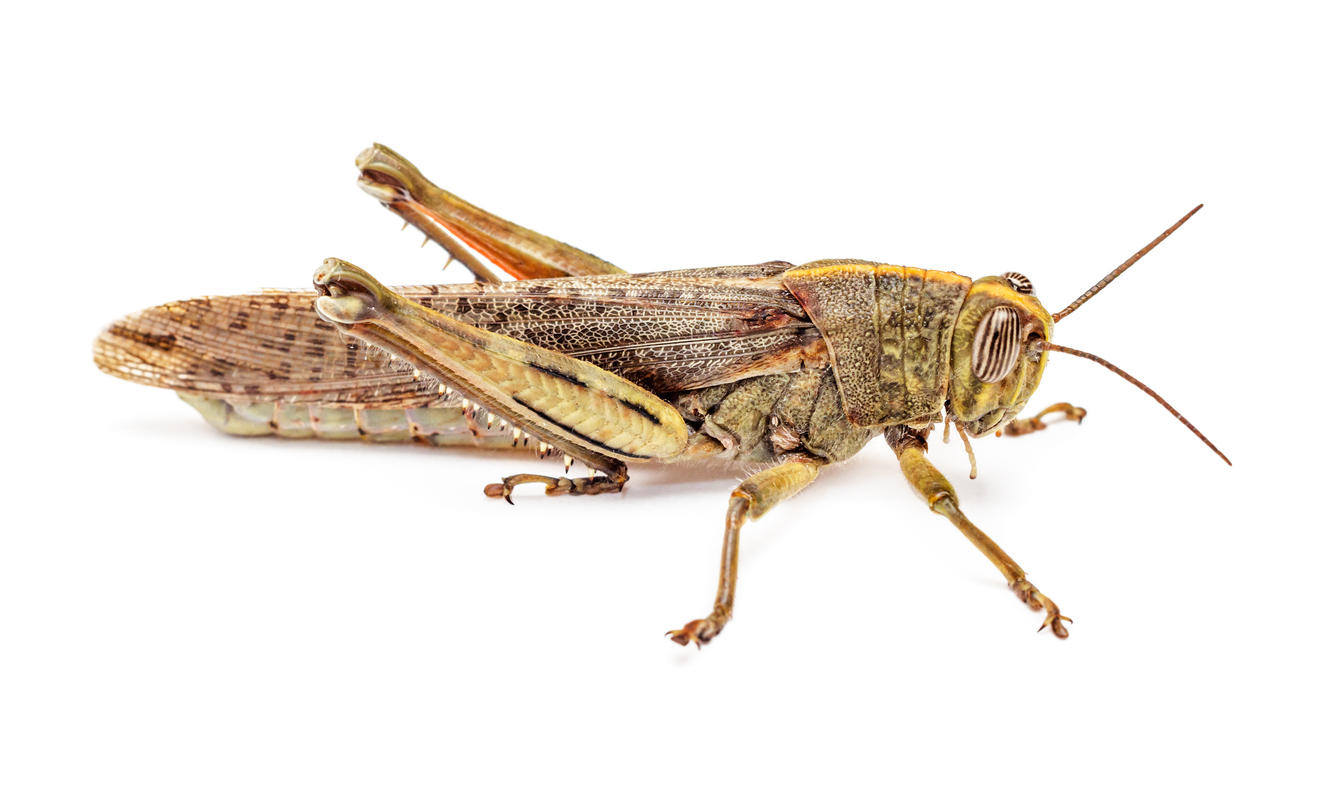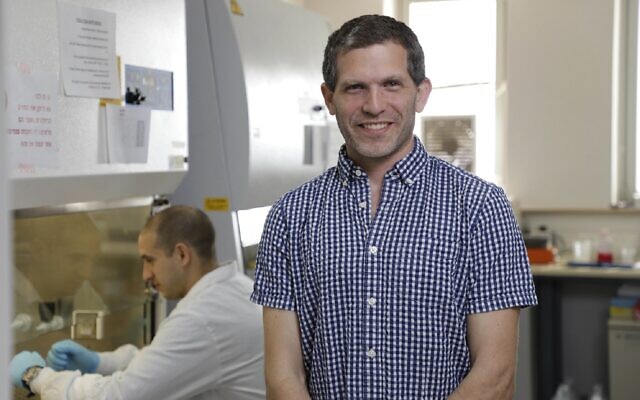Israeli scientists have created a robot that has a better sense of smell than any other electronic device by wiring it to the antennae of locusts.
New robot-grasshopper combo, documented in peer reviewed research, Can be trained to detect explosives, drugs and diseases – and can even recognize different whiskeys by their smell.
Dr. Ben Maoz’s Tel Aviv University lab is a world leader in part-animal part-machine technology. last year it Attached a robot to a grasshopper’s ear for sound-processing ability, and now it has focused on smell.
Antennae are common in arthropods – including insects – and can sense using a variety of functions, including smell.
To develop the grasshopper-antenna technology, Maoz and his colleagues built a robot capable of responding to signals it received from the environment. He found a way to artificially keep the grasshopper’s antennae alive and developed a method to transmit the signals received by the antennae to the robot.
Maoz believes his research could pave the way for technology that provides biological “noses” in the form of sensors, artificial intelligence to process their data, and information for users. For example, a police officer may carry a device that has a locust antenna that generates warnings that it “smells” drugs, or doctors may be told that odor signals that are not smelled by humans. , suggest the presence of a certain disease.

File – A grasshopper (Martina_l via iStock by Getty Images)
Maos has long been interested in harnessing animals’ biological sense of smell in humans. He noted that humans already do this to an extent, for example through the use of sniffer dogs. But relying on real animals is high maintenance—they require training, housing, food, medical care, and other forms of attention.
“I hope it can one day replace sniffer dogs at airports, and provide many other possibilities,” he told The Times of Israel.
“At the end of the day, a biological nose is more sensitive than any technology designed to smell,” Maoz said. “So it could be used in new machines that use smell to detect explosives, drugs, diseases, rotten food, and many other things that can be detected by smell.”

Dr. Ben Maoz (Courtesy of Tel Aviv University / Yonatan Tzur)
Mao’s associate Prof. Yossi Yovel describes the experiment reported in the newly published study: “We attached the biological sensor and let it smell different odors, while we measured the electrical activity induced by each odor. The system showed us the primary sensory organs of the insect.” allowed detection of each odor at a level of .
“Then, in a second step, we used machine learning to create a ‘library’ of smells,” he continued. “In the study, we were able to mark eight odors such as geranium, lemon and marzipan, allowing us to know when the smell of lemon or marzipan was presented.
“In fact, after the experiment ended, we continued to identify additional distinct and unusual odors, such as different types of Scotch whisky,” Yowell continued. “Comparison with standard measurement instruments revealed that the sensitivity of the insect’s nose in our system is approximately 10,000 times greater than that of instruments in use today.”
Maos believes that insect parts should play a major role in the development of electronics, and has even raised the possibility of using insect eyes as high-resolution cameras.
“Nature is far more advanced than us, so we must make use of it,” he said. “The principle we demonstrated can be used and applied to other senses such as sight and touch. That’s it.”
